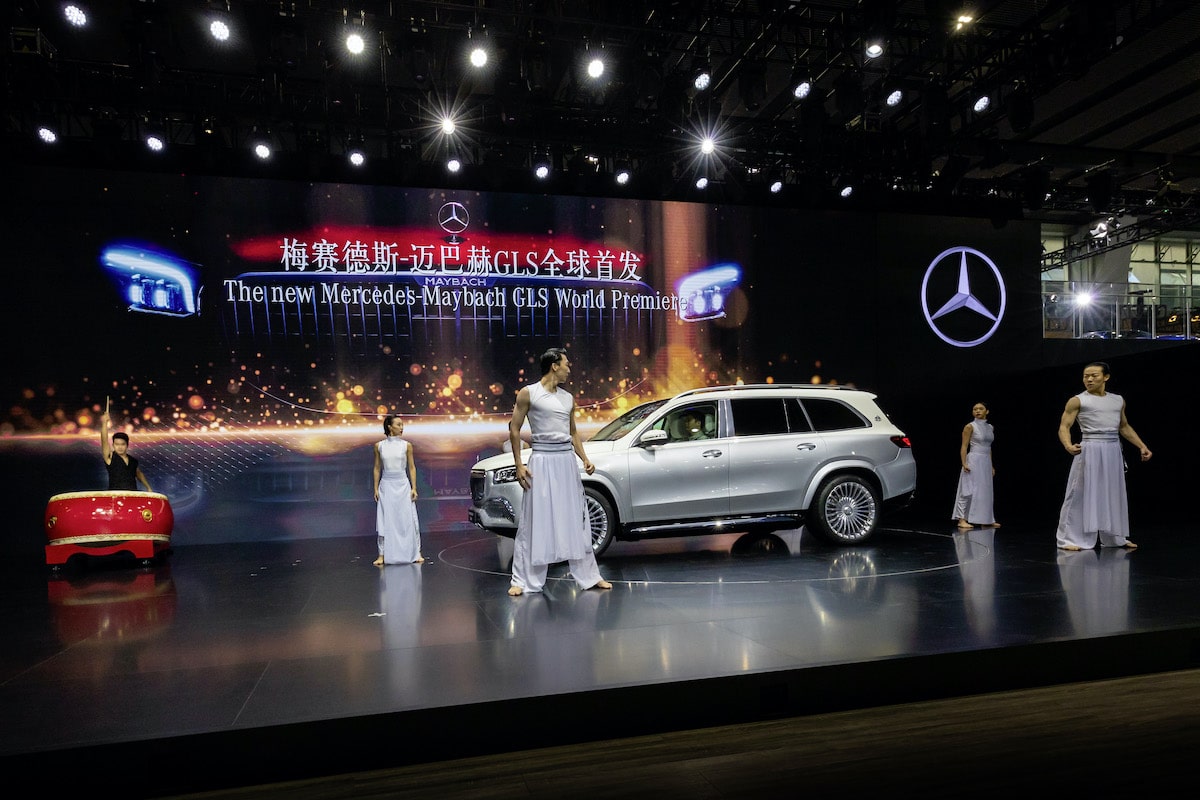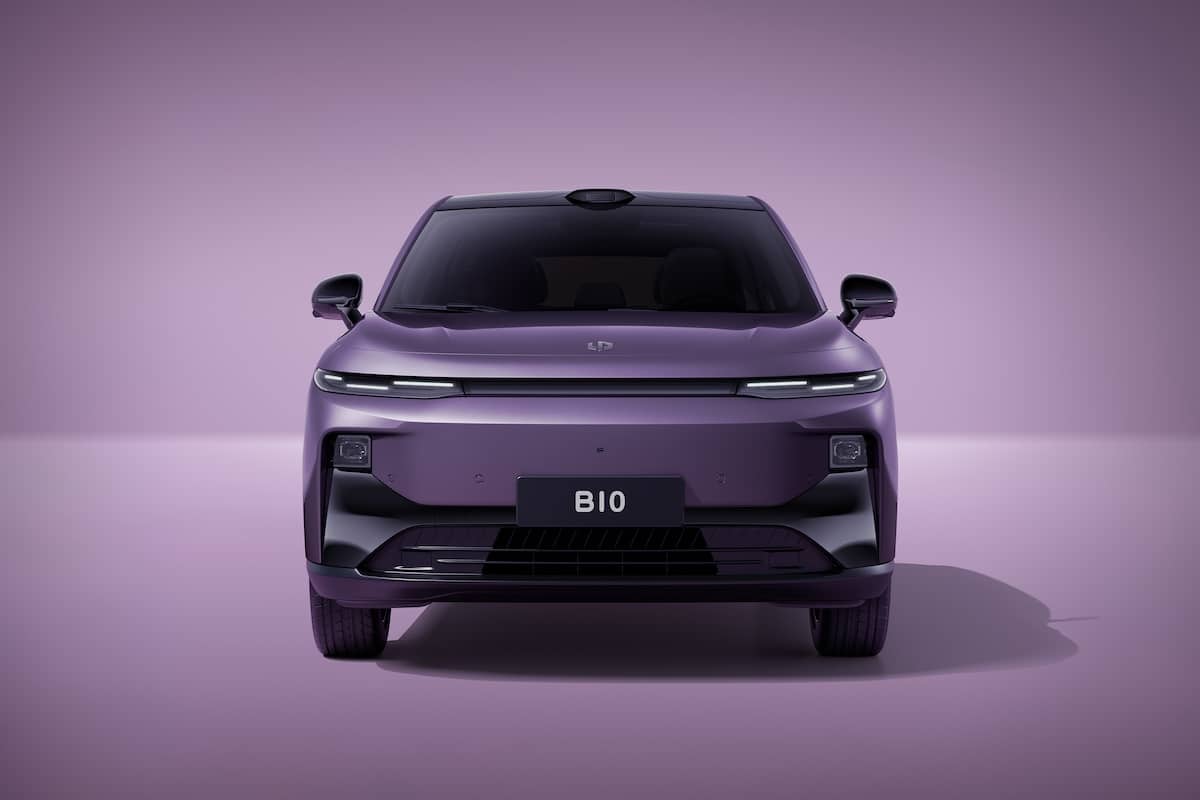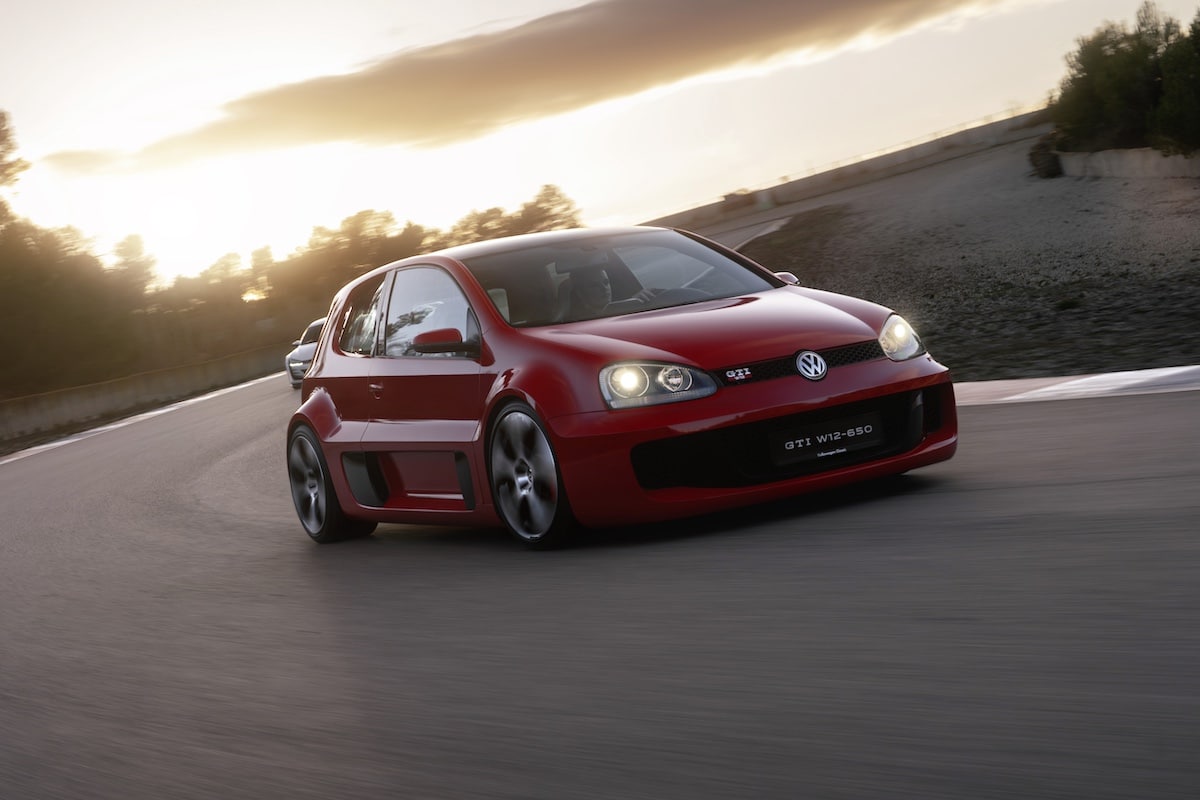Mercedes Does Not Want Sanctions Against China

The German manufacturer, through the voice of its president, considers that punishing Chinese production would have detrimental repercussions worldwide.
Through its president, Ursula von der Leyen, the European Commission an official investigation into the (very / too) generous Chinese government subsidies. The European investigation, which is expected to last about nine months, could ultimately lead to increased import duties on Chinese vehicles, provoking strong reactions from Beijing, which has labeled this move as blatant protectionism. Threats of retaliation were not long in coming and have extended to all European production, far beyond the automotive sector alone.
Fragmented European Unity
While one might imagine European manufacturers happy at the prospect of protective legislative shield, that is absolutely not the case. Have the manufacturers lost their minds or are they unaware of the Chinese threat? It is much more complex than that.
Ola Källenius, CEO of Mercedes-Benz, expressed his position during an interview with Bloomberg Television in New York. “Opening markets is what drives growth and wealth creation,” the executive stated. “Keep markets open and let actors compete freely.”
Mercedes Dependent on China in More Ways Than One
This position is justified by a highly relevant cross-sector view of modern automobile production depending on components from five continents. “We learned during the pandemic that supply chains can be fragile,” argued Källenius. “It is a complete illusion to think we can divide the automotive world into separate regions that have nothing to do with each other.”
Mercedes is therefore concerned about its spare parts supply, but this argument is far from exhaustive. To better understand this firm stance, it is essential to know that China is Mercedes-Benz’s most important market, accounting for about one-third of its sales. The same is true for Volkswagen, Audi, and BMW, which are likely to align with this position soon.
Finally, since 2019, the Daimler Mercedes-Benz Group has included Chinese manufacturers BAIC and Geely as shareholders, each holding 9%. This provides the enormous advantage of enabling easier operation in China, but of course, every medal has its reverse side. A shareholder is legitimately entitled to demand that a decision made by the company in which they hold shares does not go against their own interests.
This page is translated from the original post "Mercedes ne veut pas de sanctions contre la Chine" in French.
We also suggestthese articles:
Also read





